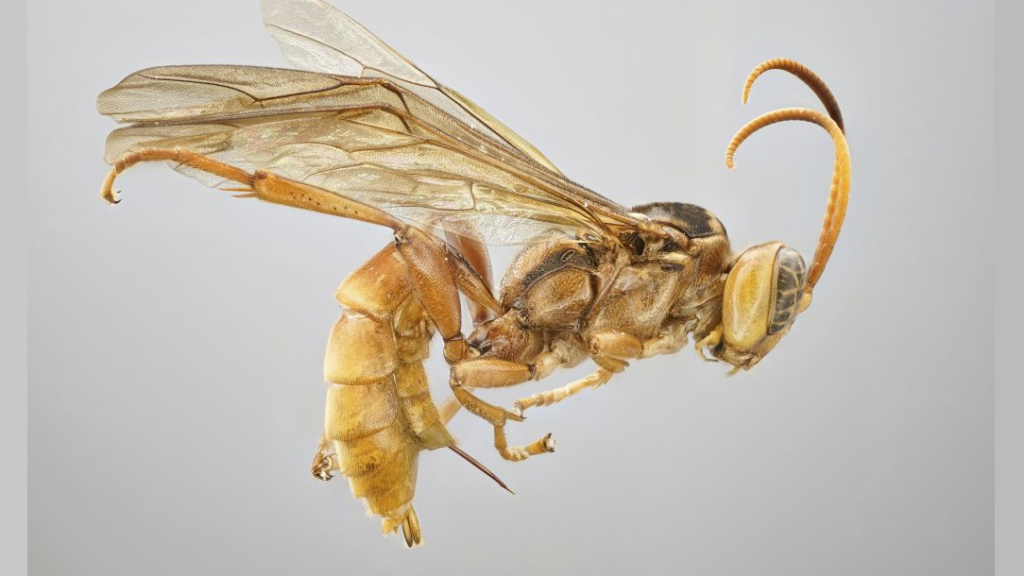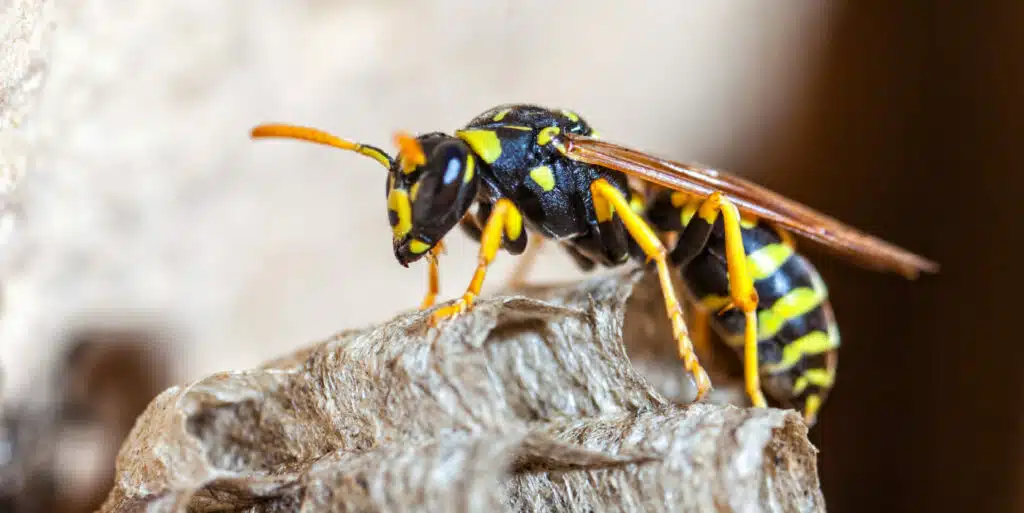The Fascinating World of Wasps: Nature’s Intriguing Predators
Wasps, often mistaken for mere nuisances, are actually remarkable creatures with fascinating roles in our ecosystem. From their complex social structures to their unique adaptations, wasps are far more than their stinging reputation suggests. In this blog, we’ll delve into the intriguing world of wasps, exploring their behavior, ecology, and the vital roles they play in nature.

The Role of Wasps in the Ecosystem
Wasps are often misunderstood, but they play crucial roles in maintaining ecological balance. Here are some key aspects of their ecological importance:
1. Pollinators of the Wild Many wasps contribute to the pollination of plants. Unlike bees, they are less specialized and can pollinate a wide variety of flowers. This generalist approach helps in the reproduction of numerous plant species, which is vital for maintaining biodiversity.
2. Natural Pest Control Wasps are voracious predators. They help control the populations of various insects, including those that are considered pests to humans and crops. This predatory behavior is especially important in managing agricultural pests and reducing the need for chemical pesticides.

3. Decomposers and Scavengers Some wasp species play a role in decomposing dead animals and organic matter. This scavenging behavior helps in nutrient recycling, contributing to soil health and overall ecosystem functioning.
The Social Structure of Wasps
Many people are familiar with the aggressive behavior of wasps, especially when they feel threatened. However, wasps exhibit a range of social structures, from solitary to highly organized colonies:
1. Solitary Wasps Most wasp species are solitary, meaning they live alone and do not form colonies. These wasps build individual nests and are often seen hunting for insects to feed their larvae. Despite their solitary nature, they are crucial for controlling pest populations.
2. Social Wasps Social wasps, such as yellow jackets and paper wasps, live in large colonies with complex social structures. These colonies are usually established in the spring by a fertilized queen. As the colony grows, workers take on various tasks, including foraging, nest maintenance, and caring for the queen’s offspring.
3. Nesting Habits Wasp nests are architectural marvels. They are built from paper-like material that the wasps create by chewing wood fibers mixed with their saliva. These nests can be found in a variety of locations, from underground burrows to high in trees.
Fascinating Facts About Wasps
1. Diverse Species There are over 30,000 known species of wasps, ranging from tiny solitary types to large social wasps. Each species has unique adaptations that suit its ecological niche.
2. Chemical Communication Wasps use chemical signals, known as pheromones, to communicate with each other. These signals can indicate alarm, attract mates, or coordinate group activities.
3. Aggression and Defense Wasps are more aggressive than bees, partly because they can sting multiple times. They use their stingers primarily for defense and to subdue prey. However, they are not naturally aggressive towards humans unless their nest is threatened.
How to Coexist with Wasps
While wasps can be a nuisance, especially in late summer when they become more aggressive, there are ways to minimize conflict:
- Avoid Provoking Them: Wasps are more likely to sting if they feel threatened. Avoid sudden movements and stay calm around them.
- Secure Food Sources: Wasps are attracted to sugary foods and drinks. Keep food covered and clean up spills to reduce attraction.
- Professional Nest Removal: If a wasp nest is located near your home, it’s best to contact a pest control professional to handle removal safely.
In conclusion, wasps are incredible insects that deserve a greater appreciation for their ecological contributions and complex behaviors. By understanding their roles and respecting their space, we can coexist more harmoniously with these fascinating creatures.






